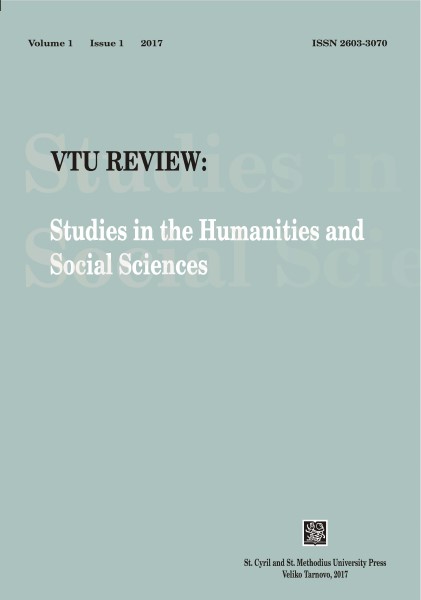A Singular Modernist: Fredric Jameson and the Politics of Modernism
A Singular Modernist: Fredric Jameson and the Politics of Modernism
Author(s): Sean HomerSubject(s): History, Language and Literature Studies, Studies of Literature, Modern Age, British Literature
Published by: Великотърновски университет „Св. св. Кирил и Методий”
Keywords: Fredric Jameson; Marshall Berman; T.J. Clark; aesthetics; politics; modernism; postmodernism; utopia
Summary/Abstract: For the past 30 years Fredric Jameson’s name has been so inextricably tied to the fate of postmodernism that his recent work on modernity and modernism has been interpreted by some critics as a “retreat” from the cutting edge of contemporary cultural theory to politically regressive and imperialistic notions of modernity. For some of us, however, Jameson’s recent work marks a welcome return to what he always did best, writing about modernism. The “Preface” to A Singular Modernity (2002), however, seems to exhibit a marked weariness on Jameson’s part to returning once again to all those old undesirable issues that it had been “one of the great achievements of postmodernity” to have discredited (1). It is not just the renewed interest in notions of modernity in popular political and academic discourse that concerns Jameson but, I want to argue, a much older “dispute in the politics and philosophy of history.” What remains at stake for Jameson in these “undesirable” issues of modernity and modernism is the fate of socialism’s emancipatory project in light of the seemingly irresistible triumph of global capital.
Journal: VTU Review: Studies in the Humanities and Social Sciences
- Issue Year: 1/2017
- Issue No: 1
- Page Range: 29-38
- Page Count: 10
- Language: English

